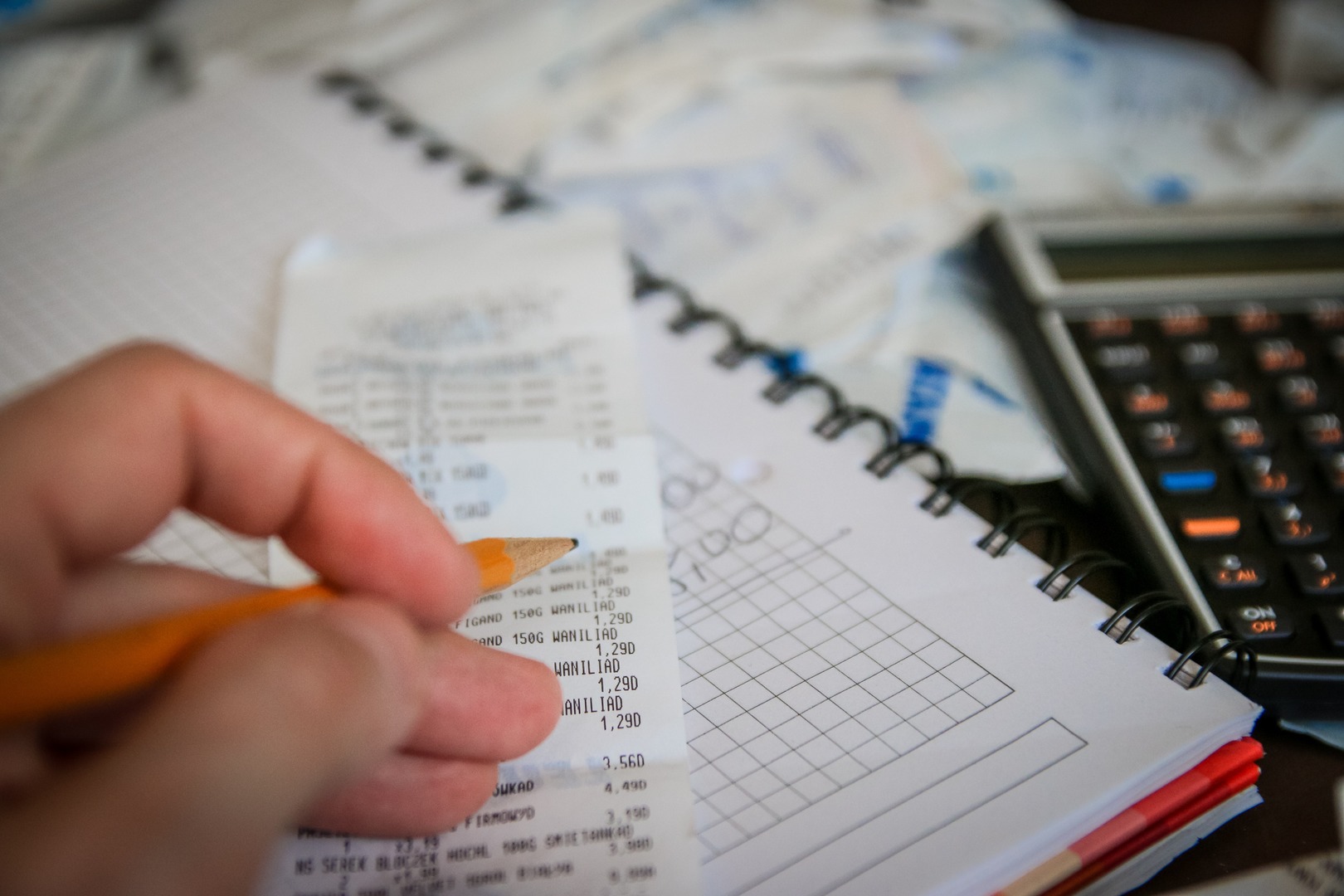Being financially literate is a steppingstone toward a secure and sustainable future. Michelle Smith, Certified Divorce Financial Analyst, offers insights on why and how you should achieve financial literacy.
There is definite truth in the saying “money is power.” In my line of work, I find there is equally profound certainty in “knowledge is power.” Too many of the women I meet before, during, or after their divorce, don’t know enough about their finances to make good decisions. Whether they want to buy a new home, expand their business, plan for retirement, or just build a budget, women are overwhelmingly at a disadvantage when it comes to financial literacy.

As a first step toward helping women of all ages and in all life stages take control of their economic situation, let’s start by defining the term “Financial literacy”. At its most basic, it is the knowledge and skills necessary to wisely manage money. More specifically, it is all the resources and tools any individual needs to navigate their personal finances, including a thorough understanding of the long-term consequences of monetary decisions on financial health.
All too often, the women I meet ask me why financial literacy is so important? If we consider the current circumstances—in which close to 80% of Americans live paycheck to paycheck and nearly one quarter of Americans are not saving money for immediate or future plans— it becomes obvious. Without proper understanding and more hands-on involvement, American consumers are not spending or saving wisely. Similarly, the current market trends demand that consumers actively participate in financial decision making. More and more companies, firms, and banks are offering countless financial products; customers must know how to discern good deals from suboptimal opportunities. Having a full and thorough understanding of personal finances is an essential empowerment tool. It is what makes it possible for you to consciously and diligently budget, save, borrow, and invest.

Even if your head spins every time you try to read a bank statement or discussing money matters leaves you in a financial fog, it is still possible for you to gain financial literacy. The best way to obtain the skillset is by learning basic financial concepts and putting them into practice over time. Most people begin learning about money at a young age: parents and teachers educate them on key points of spending and savings. Expanded and formal financial instruction can be obtained from a professional advisor, accountant, or analyst. As you immerse yourself in your own financial information, you will learn how your checking and savings accounts work, what your credit card charges really mean, how to avoid or consolidate debt, etc.
By giving yourself the gift of financial literacy now, you can gain peace of mind for your future. You’ll know how much you are saving for your retirement, where and when you can buy a home, and you will be in the best possible position when unexpected money issues arise. Overtime, achieving financial literacy will mean you are fully informed when making real-world money decisions. As a consumer, you will be better able to manage your money and build wise spending and budgeting practices. All this leads to financial wellness; every monetary decision you make will be backed by a sound rationale, so you can feel confident with your choice.

